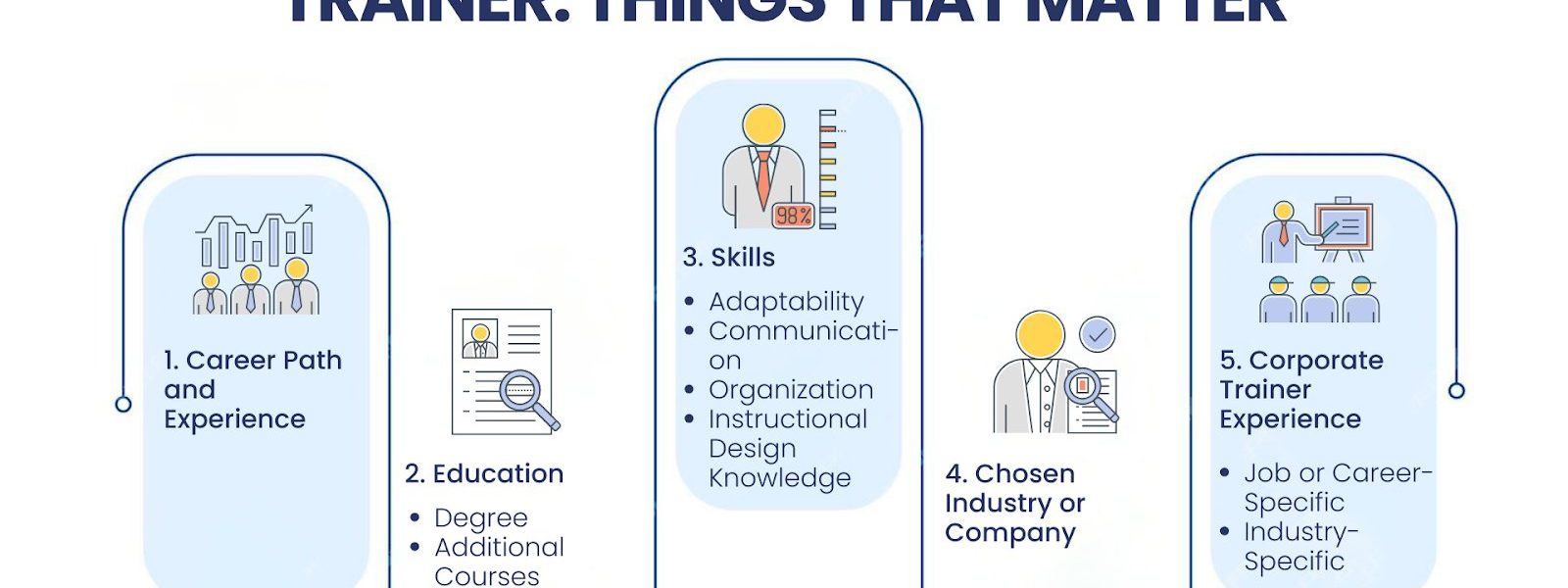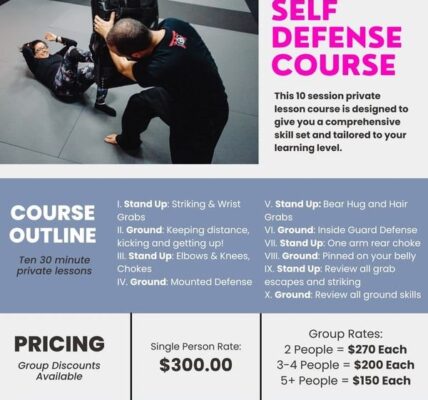Becoming a corporate trainer involves passion, expertise, and determination. Are you ready to inspire and educate professionals in the corporate world? It requires a blend of communication skills, subject matter knowledge, and a knack for engaging your audience. To embark on this fulfilling career path, honing your training techniques and staying updated with industry trends are essential. Let’s delve into the dynamic world of corporate training and discover the key steps on how to become a corporate trainer.
How to Become a Corporate Trainer
Welcome to our comprehensive guide on how to become a corporate trainer! If you have a passion for teaching, a knack for communication, and a desire to help others succeed in the workplace, then pursuing a career as a corporate trainer could be the perfect fit for you. In this article, we will walk you through the steps and tips to kickstart your journey towards becoming a successful corporate trainer.
1. Understand the Role of a Corporate Trainer
Before diving into the specifics of how to become a corporate trainer, it’s essential to have a clear understanding of what the role entails. Corporate trainers are professionals responsible for designing and delivering training programs to employees within an organization. They help employees develop the skills and knowledge necessary to excel in their roles and contribute to the overall success of the company.
2. Acquire the Necessary Education and Skills
While there is no specific degree required to become a corporate trainer, having a solid educational background in fields such as human resources, organizational behavior, business administration, or adult education can be beneficial. Additionally, acquiring skills such as public speaking, instructional design, and active listening will help you excel in this role.
Education:
Consider pursuing a bachelor’s degree in a relevant field to gain foundational knowledge that will be valuable in your career as a corporate trainer. You can also opt for certifications or specialized training programs in areas like instructional design or training facilitation to enhance your skill set.
Skills:
Developing strong communication skills, both verbal and written, is crucial for effective training delivery. Practice your public speaking abilities and work on your ability to convey complex information in a clear and concise manner. Additionally, honing your interpersonal skills will enable you to build rapport with trainees and create an engaging learning environment.
3. Gain Practical Experience
Hands-on experience is invaluable in the field of corporate training. Consider opportunities to gain practical experience, such as conducting workshops, leading presentations, or working as a teaching assistant. Volunteering to train new employees or participating in training programs within your current organization can also help you build your skills and confidence as a trainer.
Internships:
Seek out internships or entry-level positions in training and development departments to gain firsthand experience in designing and delivering training programs. These opportunities will provide you with valuable insights into the day-to-day responsibilities of a corporate trainer and help you build a professional network in the field.
Mentorship:
Consider finding a mentor who is an experienced corporate trainer to guide you in your career development. A mentor can offer valuable advice, share industry insights, and provide support as you navigate the challenges of becoming a successful trainer.
4. Develop a Strong Professional Network
Networking is crucial in any profession, and the field of corporate training is no exception. Attend industry conferences, workshops, and networking events to connect with other professionals in the training and development space. Joining professional organizations such as the Association for Talent Development (ATD) can also provide opportunities to network with like-minded individuals and stay updated on industry trends.
Online Presence:
Establishing a strong online presence through platforms like LinkedIn can help you showcase your expertise and connect with potential employers or clients. Share articles, post about industry events, and engage with other professionals in the field to demonstrate your commitment to continuous learning and professional development.
5. Pursue Continuous Learning and Professional Development
The field of corporate training is dynamic and constantly evolving, so it’s essential to stay current with the latest trends and best practices. Consider pursuing additional certifications, attending workshops, or enrolling in professional development courses to enhance your skills and expand your knowledge base.
Certifications:
Obtaining certifications such as the Certified Professional in Learning and Performance (CPLP) or Certified Professional Trainer (CPT) can demonstrate your expertise and commitment to excellence in the field of corporate training. These certifications can also help you stand out to potential employers and advance your career.
Continuing Education:
Take advantage of opportunities for continuing education to stay abreast of industry trends and developments. Attend webinars, read industry publications, and participate in online courses to expand your knowledge and skills in areas such as e-learning, virtual training, and performance management.
By following these steps and staying dedicated to your professional development, you can position yourself for a successful career as a corporate trainer. Remember, becoming a corporate trainer is a rewarding journey that requires a passion for learning, a commitment to excellence, and a desire to make a positive impact on the lives of others. Best of luck on your path to becoming a successful corporate trainer!
How to Start Your Career as a Corporate Trainer in 2025 (No Experience Needed!)
Frequently Asked Questions
What qualifications are needed to become a corporate trainer?
To become a corporate trainer, it is typically required to have a bachelor’s degree in a relevant field such as human resources, business administration, or organizational development. Additionally, having experience in training, teaching, or public speaking can also be beneficial. Some organizations may prefer candidates with certifications in training and development.
How can I gain experience as a corporate trainer?
You can gain experience as a corporate trainer by seeking opportunities to conduct training sessions in your current job or volunteer to lead workshops in your community. Taking on mentoring roles, participating in public speaking events, or offering to train new employees can help you build your training skills and experience.
What skills are essential for a successful corporate trainer?
Essential skills for a successful corporate trainer include strong communication skills, both verbal and written, the ability to engage and motivate learners, excellent presentation skills, adaptability to different learning styles, and a solid understanding of instructional design principles. Additionally, organizational skills, patience, and the ability to work well under pressure are important for effective training delivery.
How can I stay updated with the latest trends in corporate training?
To stay updated with the latest trends in corporate training, you can attend training and development conferences, workshops, and seminars. Engaging in continuous professional development through online courses, webinars, and networking with other corporate trainers can also help you stay informed about new methodologies, technologies, and best practices in the field.
Final Thoughts
To become a corporate trainer, start by gaining subject matter expertise and teaching experience. Develop strong communication and presentation skills. Pursue certifications like Certified Professional in Learning and Performance (CPLP). Network within the industry to find opportunities. Keep honing your skills and staying updated on the latest training techniques. Becoming a corporate trainer requires continuous learning and dedication.




